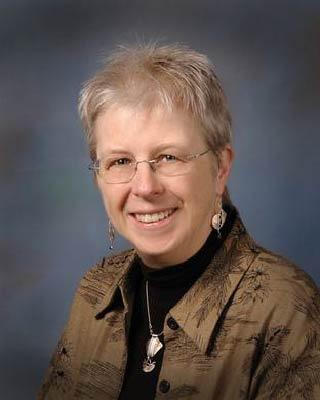I had the honor of participating in the N.C. Academy of Family Physicians’ 10th annual Family Medicine Day recently. Students from across three states gathered to learn skills critical to family medicine, and were given the opportunity to meet with representatives of family medicine residency programs from North Carolina, South Carolina and Virginia.
Duke was well represented by faculty and several of our fabulous residents at the event. Our workshop centered on interviewing skills using three-minute mock interviews. Student pairs answered questions designed to challenge and to get a sense of the “feel” of the interview process. One student answered the question and the second student provided feedback, as did the interviewer. During the second round the roles were reversed.
My questions hinged on “hot topics” in family medicine and allowed the student to display knowledge about the current environment of health care. It also allowed the opportunity to show passion or not. We had more than 20 students over the course of the afternoon, and the passion many displayed was contagious.
So, what topics did the students choose? Remember, they had two minutes to show their knowledge and commitment.
- The opioid epidemic: Now, I must say that the keynote speech that morning addressed this issue and WUNC had just covered the topic that morning, as well. Students wanted to be a part of the solution though they may have been a little naïve in their focus on stopping the prescriptions as only part of the problem. They did recognize the need for alternative management strategies, especially the need for mental health services.
- Health care for immigrant laborers: Many came with experience in this area; some chose their school in order to have the opportunity to work with this population. They shared their concern about safety for farm workers, about education for their offspring, and about the lack of access to care. There was no reference to current political actions toward immigrants, just compassion for an underserved population.
- Health care for women: There was frustration regarding the politicization of women’s health issues. They advocated access for reproductive choice as a critical component of any insurance plan. They feared that their ability to provide a full spectrum of service is in jeopardy. I thought, “42 years in medicine and this is still a hot topic.”
- Direct primary care: I admit, it was a surprise to me that there were several students who selected this as a topic.
Health care legislation: Interestingly there was little, if any, mention of the Affordable Care Act or the proposed “repeal and replace” effort. Though there was plenty references to access to care.
Two minutes is not a long time to explain your professional passion. It was a good time to let the nerves show and get feedback and it was a good chance to learn to think first, and then speak.
It also was a good time for students to find out what types of questions to expect in an interview. Sweating, blushing, stumbling on words, mental blocks and anxiety were all there. Students were glad to “get that out of their system” and were reassured that the interviews are a two-way street and that their questions were important and revealing, as well.
March Madness
Last week we learned who will be in our newest class of interns and before we know it the interview trail will be upon us again.
A Few Good Docs
We are searching for new members for our faculty team. Duke Family Medicine Center is excited about wonderful new opportunities to grow and innovate. If you want to be a part of the team, let us know.
Joyce Copeland is core faculty with the Duke Family Medicine Residency Program. Email joyce.copeland@duke.edu with questions.
Editor’s note: A member of the Duke Family Medicine Residency Program leadership team guest blogs every month. Blogs represent the opinion of the author, not the Duke Family Medicine Residency Program, the Department of Community and Family Medicine or Duke University.
